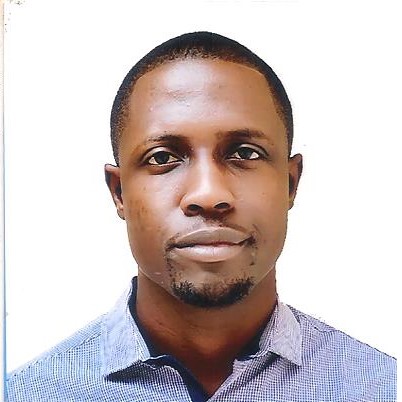Immunohematology and Genetic Testing (red cells, leukocytes and platelets)
(P-IG-24) Kell and Kidd Antigen Frequencies in Lagos, Nigeria: Still on Extended Red Cell Typing, The Need for Robust Transfusion Services

Ademola S. Adewoyin, MBBS, MSc, FMCPath, FWACP (he/him/his)
College of Medicine University of Lagos
Lagos, Lagos, Nigeria
Presenting Author(s)
The British Committee for Standards in Haematology (BCSH) and American Society of Haematology (ASH) Guidelines agree on extended red cell antigen typing and matching ideally before first transfusion in sickle cell disease and other high risk transfusion settings. Though the huge/expanding population of Lagos (the most populous state in Africa), perennial blood shortages, significant acute blood demands in trauma/surgery/obstetrics, chronic blood use in sickle cell disease, at best, pre-transfusion compatibility testing in Lagos and other parts of Nigeria is still grossly limited to ABO/Rh D typing and a major cross match. Extended red cell typing for high-risk patients, allo-antibody screening and identification are still virtually non-existent except for research as in index presentation.
As such, significant proportion of preventable, immunologic transfusions reactions still exist in our practice, contributing to disease morbidities, length of hospital-stay and financial burden. This abstract presents a recent survey of kell (KEL1, KEL2) antigens and kidd (JKa, JKb)) antigens, demonstrating some low and high incidence antigens of clinical significance with a view to advocacy among stakeholders for support towards a more robust transfusion system in Lagos, Nigeria.
Study
Design/Methods:
Authors examined a cross section of blood donors between May and July 2022 at the blood bank of a public teaching hospital (Lagos University Teaching Hospital) for Kell and Kidd antigen frequencies. Antigen typing was performed using tube agglutination technique with commercially prepared antisera obtained from Lorne Labs, UK. All experiments were performed with appropriate controls, as per manufacturer instructions. Study protocol was approved by the institutional health research ethics committee, protocol number ADM/DSCT/AREC/APP/5026.
Results/Findings:
One hundred and forty-four (144) blood donors with mean+SD Age of 30.9±8.2 years and male preponderance (M: F of 27.8:1) were tested. The observed antigen frequencies for KEL1, KEL2, JKa and JKb were 0.7, 99.3, 80.6 and 61.1% respectively. The antigen frequencies had nil statistically significant association with age groups, sex or the donor geographical origins in Nigeria
Conclusions:
Indeed, the need for extended red cell typing and matching for Rh (not just Rh-D), Kell and other clinically relevant antigens is long overdue. Relevant stakeholders including government/regulators, funders, private sector and collaborators must rise to occasion with relevant policies, programs and funding to build sustainable capacity, strengthen haemovigilance and overall transfusion system in Lagos and other parts of Nigeria/Africa.
